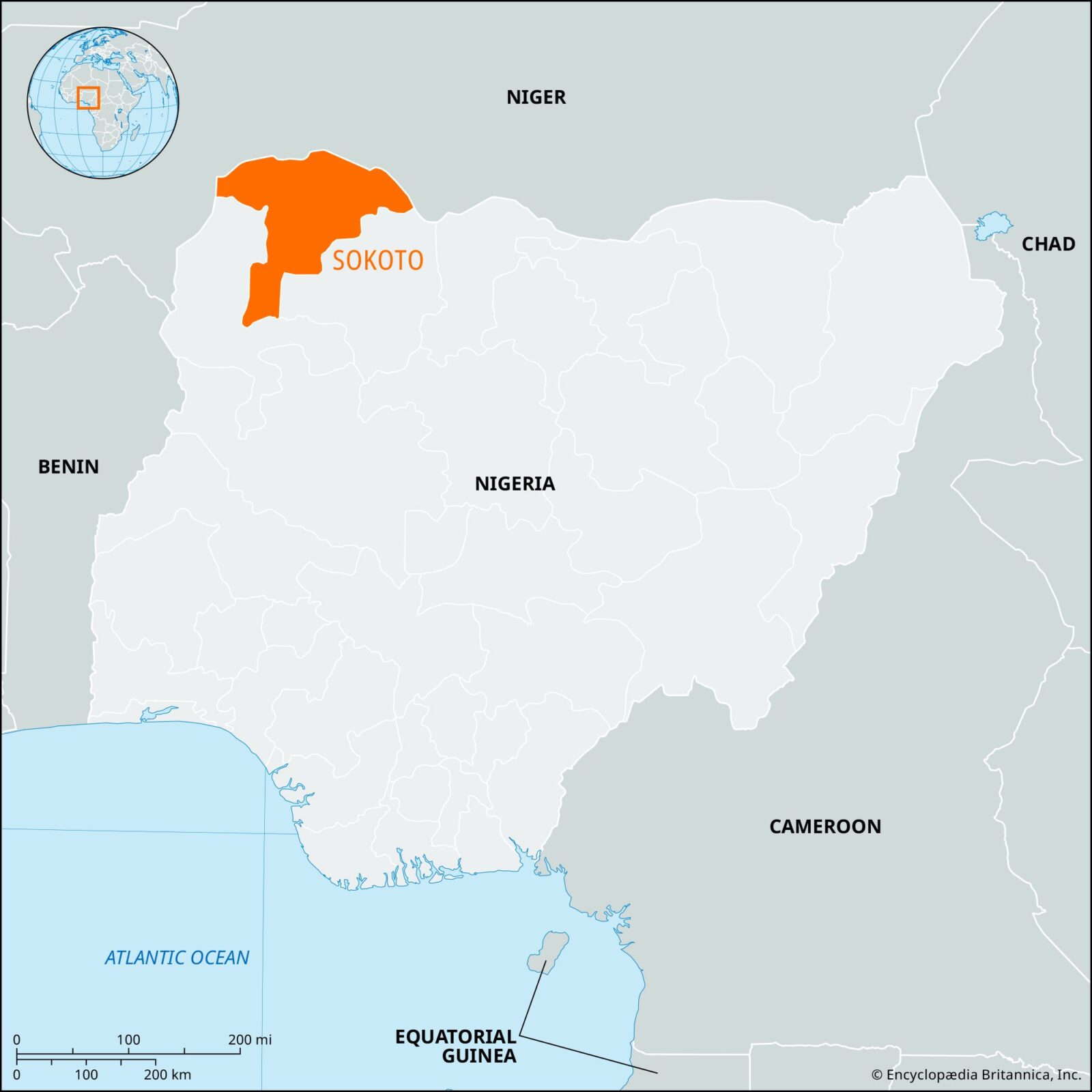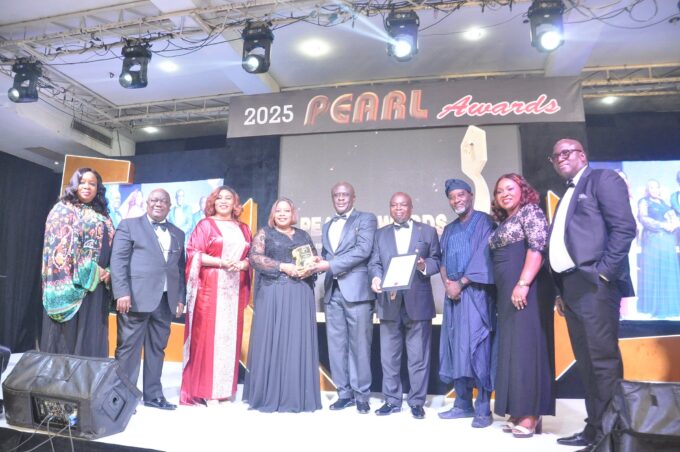The Sokoto State Government on Tuesday announced that the state constructed and renovated at least 65 mosques to promote moral reforms.
The state Commissioner for Religious Affairs, Dr Jabir Mai-Hula, who made this disclosure during an interview on Tuesday, said the ministry has evolved beyond being a mere religious institution to become a strategic tool for social policy, moral reform, and community development in the state.
Mai-Hula described the ministry as a “deliberate, evidence-based instrument of social welfare” that delivers tangible benefits across public health, social cohesion, and economic justice.
“Islam in Sokoto State is not only about worship; it is an integrated system of values and practices that shape the daily life of our people.
“So, investing in religious infrastructure and guidance delivers cross-cutting benefits — cleaner prayer facilities that reduce the risk of disease transmission, dignified Imams who are no longer exploited by politicians, and zakat funds that support orphans and vulnerable families,” he said.
The commissioner revealed that 65 Jummah mosques have been rehabilitated or newly constructed across the state — many now equipped with boreholes and solar power to enhance hygiene and accessibility.
He added that the ministry now provides regular stipends and welfare packages for Imams to promote independence and integrity in Friday sermons, helping to curb the politicisation of religious preaching.
“When Imams are respected and supported, their messages carry more weight. We have restored their dignity, and this is helping to rebuild moral discipline in society,” Mai-Hula stated.














